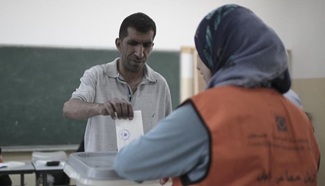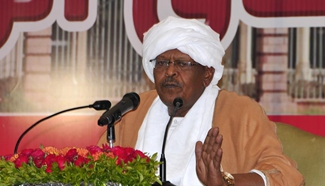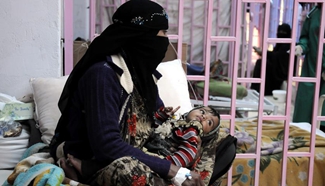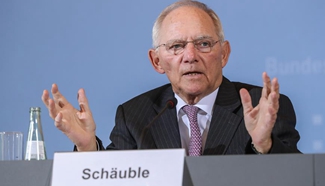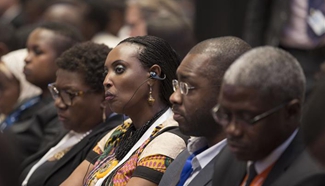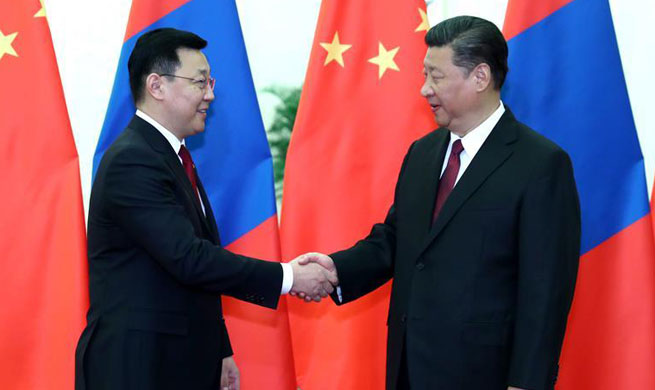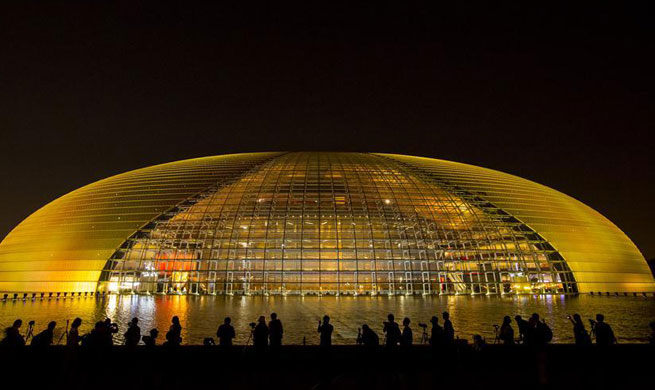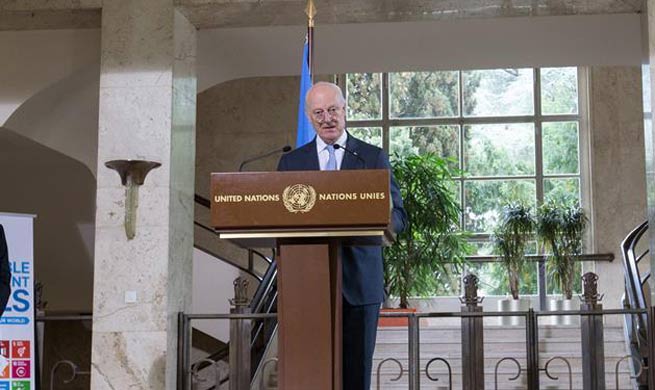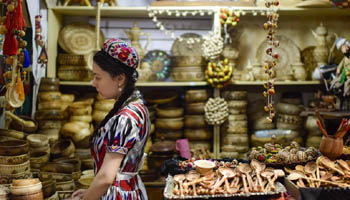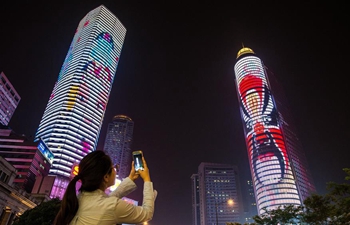by Jose Aguiar
CARACAS, May 12 (Xinhua) -- Venezuelan President Nicolas Maduro's call to form a constituent assembly and draft a new constitution is not an attempt to seize power, but to end political divisions, a senior official said.
The government expects to overcome the deep political divisions that have polarized the country, said Education Minister Elias Jaua, who also heads the presidential commission overseeing the election of the constituent assembly, in a recent interview with Xinhua.
Jaua said he was confident that the ruling United Socialist Party of Venezuela (PSUV) would gain a majority in the assembly.
The government has the political and democratic maturity not to abuse the advantage to seize absolute power, he added.
The government seeks "to create a space that can break the polarization" in the country, he added.
The South American country saw frequent protests launched in April by the right-wing opposition coalition known by its Spanish acronym MUD to demand early general elections. The protests have killed nearly 40 people.
The process to elect the constituents and draft a new constitution should "generate a great national debate on how to overcome the hostilities that exist in our society, and establish the minimum bases for political and social coexistence (and) mutual recognition," Jaua said.
The MUD fears that the government will attempt to "modify" the new constitution for its own interests if the ruling party dominates the assembly.
On May 1, Maduro announced the decision to create a 500-member constituent assembly, which will draft the new constitution in a bid to break the political deadlock between his ruling PSUV and the opposition-controlled Congress, where the MUD holds a decisive majority.
The president called for a constituent assembly to maintain the country's stability as the MUD refused to hold dialogue with the government, he added.
On Monday, some 17 Venezuelan political opposition parties met with the presidential commission overseeing the election of the constituent assembly to discuss the process of electing the constituents. The MUD was not present.
"Even as the MUD's leadership refused to participate in the initiative, we have already seen how it has begun to cut through the polarization," Jaua said.
To allay those fears, Jaua said, the government has proposed an open candidacy process which is expected to be dominated "not by political parties, but by individual initiative."
"Any citizen who wants to run" can participate in the election as long as he has enough support from the community, Jaua said. The national electoral body will determine the signature threshold.
Members of the assembly would represent either a sector of the population or a region, he said.
"The plurality of of the National Constituent Assembly will be guaranteed," he added.




